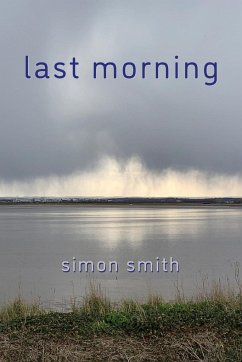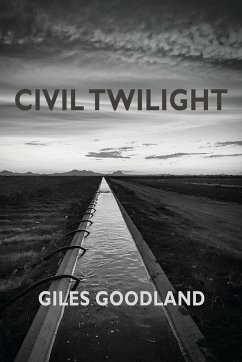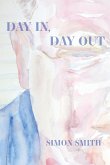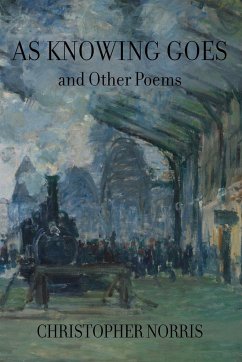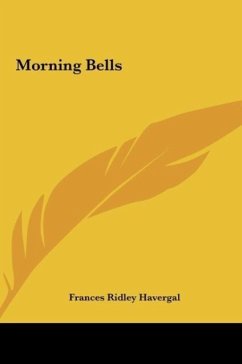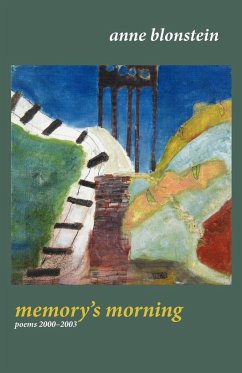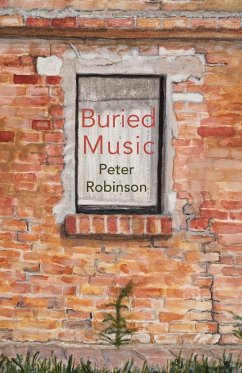It's not only that Simon Smith captures like no one else the new rhythms of attention and distraction that have emerged over the last decade. In Last Morning he writes a poetry of pace that seems to walk down the page, often in little three-line clusters, creating meandering journeys that casually scramble the internal and external surfaces they negotiate. At once transcendental and grounded, these poems are intensely of their place and moment. Smith's audible dialogue with American poets like O'Hara, Spicer, and Peter Gizzi does nothing to stop him from being an ambassador of how Britain feels today to the hypothetical North American reader. These poems will walk with you. -Daniel Katz Reading Simon's Smith's nimble poems is not so different than riding a roller coaster built inside a pinball machine, where "space is a cube not a square." Everything you bump up against is real, as the poems pivot from one sight (and site) to another "tent on the edge of town." The reader is always being pulled along - by "song after song" full of "vital signs" from the "return of the World" to "scent is presence/welcomed to night." Smith refolds the border between out there and in here in different and surprising ways. In Last Morning, he is open and alert to the "sun's hum," while knowing "the mirror swallows this side of the World." And the "song [gets] made up as it goes along." -John Yau In these new poems, Simon Smith operates as a kind of lyric focus puller on the world, bringing not just image into relief but sound too. Is it rain or ruin, whiteness or witness, threat or throat? It matters. There's an ethics of seeing and hearing at work here that depends on a precision of word choice However, these poems do not shy away from the big concepts like Truth (it's blue broad daylight), Being (it's in the saying) or Love (yeah yeah yeah) which are themselves constantly tested through the particular acts of poem-making. Consequently, this is a poetry of intense material presences, recalling what Hans Vaihinger called "the philosophy of as if" where the poem is the sound of a fountain clapping, where the image before what is said is song, where the future constantly awaits arrival. "Who will dice the dice" asks Smith at one point - "answer that answer." Answer echo. Answer under erasure. Answers by a thread. -Jeff Hilson With one ear to the rumbling background of the news, Simon Smith's Last Morning turns the other to the urgency of song, its flickering constructions of 'I' and 'you', passing birds and unicorns. Sound and syntax are kept delicately on the point of slippage so that the reader's ear is constantly retuned, as in the simile that could be a smile reassembled. The magnetic pull of lyric is often a process of misreading or mishearing, a hallucinatory double take on the point of sliding into dream. While these poems carry the reader into waves of ocean or sound 'like radio code / for a provisional miracle', they are wholly alert to phenomena, forging connections between what might exist and the more-than-human world that already does. Last morning it may be, but everything rings as if it's the first. -Zoe Skoulding Simon Smith has published nine collections of poetry. His third, Mercury (Salt Publications), was long-listed for the Costa Prize in 2007. A selected poems, More Flowers Than You Could Possibly Carry, appeared from Shearsman Books in 2016, and his latest books are Municipal Love Poems (Muscaliet Press) and Day In Day Out (Parlor Press).

